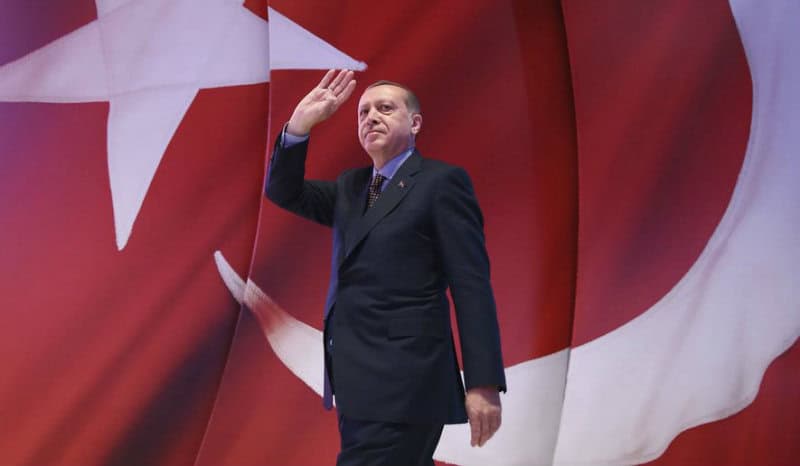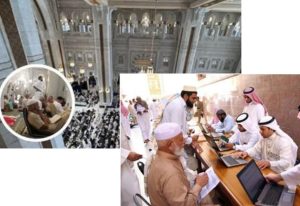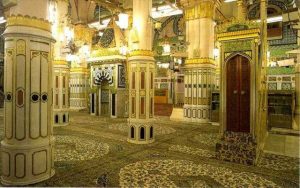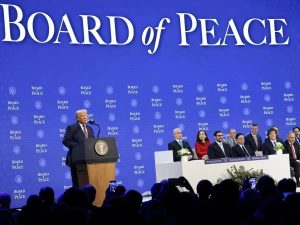ANKARA – President Recep Tayyip Erdogan claimed victory Sunday night after a majority of Turkish voters appeared to have granted the president sweeping new powers.
With more than 99 per cent of the ballots counted, 51.34 per cent (24,789,242 votes) of people said “yes” to increase Erdogan’s role compared with 48.667 percent that cast “no” – 23,499,390 – in the 18-article proposal, according to the state-run Anadolu Agency. The turnout was 87 per cent.
“God willing, these results will be the beginning of a new era in our country,” Erdogan said at a news conference Sunday night.

In Ankara, thousands of revelers honked their horns and waved Turkish flags along with white flags reading, “Evet” – Turkish for yes – at the headquarters of the political party founded by Erdogan.
Erdogan cast his vote with his wife, Emine Erdogan, and other family members at a school near his home in Istanbul.
“This April 16 referendum is not an ordinary voting [process],” Erdogan told reporters after casting his ballot.
“We have had many parliamentary elections in our history as a republic. In the meantime, we have also had referendums. However, this referendum is a decision on a new administrative system, a change and a transformation in the Republic of Turkey. I hope our people will make a decision to pave the way for a quick development. … We need to grow quicker and walk faster.”

With his new authority, Erodgan will be able to appoint Cabinet ministers, issue decrees, choose senior judges and dissolve parliament, the Grand National Assembly. Also, the change would lower the minimum age for lawmakers from 25 to 18, increase the number of seats in parliament from 550 to 600, close down military courts, and introduce same-day parliamentary and presidential elections every five years.
The prime minister post will be abolished after the 2019 national elections, and term limits for the president will be changed and Erdogan will be allowed to remain in power until 2029.
The ruling Justice and Development Party and the Nationalist Movement Party backed the changes.
Parliament previously passed a reform bill 339-142, nine more votes than needed to put the proposal to a referendum.
The High Electoral Board originally announced it would not accept ballots missing ballot commission stamps. But after voting was underway, the board said it would accept unstamped ballots “unless they are proven to have been brought from outside.”
Erdal Aksunger of the Republican People’s Party called for a partial recount.
Opposing the changes were the Democratic People’s Party. Critics fear the president’s position would be too powerful without the checks and balances of other presidential systems.
More than 55 million people were eligible to vote at 167,000 polling sites between 7 a.m. and 4 p.m. or 5 p.m., depending on the location in the country.

At a polling station in the southeast, two people were shot dead.
Three of Turkey’s biggest cities – Istanbul, Ankara and Izmir – all voted No to the constitutional changes.
Opposition supporters took to the streets of Istanbul to bang pots and pans – a traditional form of protest – in a series of noisy demonstrations.
The country has been operating under a state of emergency after a failed coup in July.

The failed coup led Erdogan to crack down on his opposition, arresting 47,155 government critics, academics, journalists, military officials and civil servants.
Edogan became president in 2014 after serving as prime minister for more than a decade.














